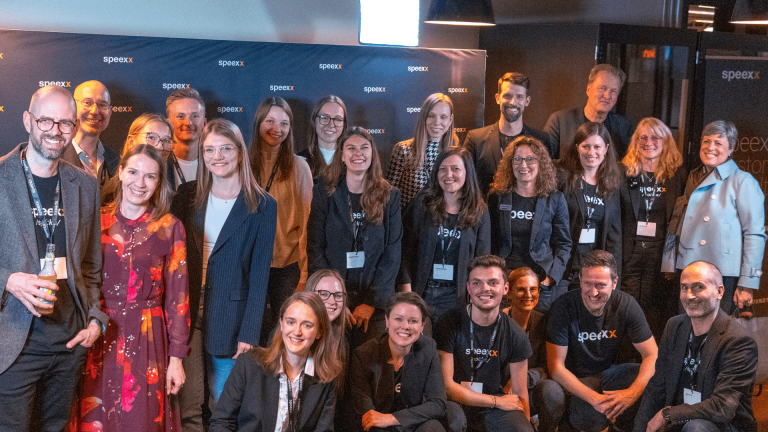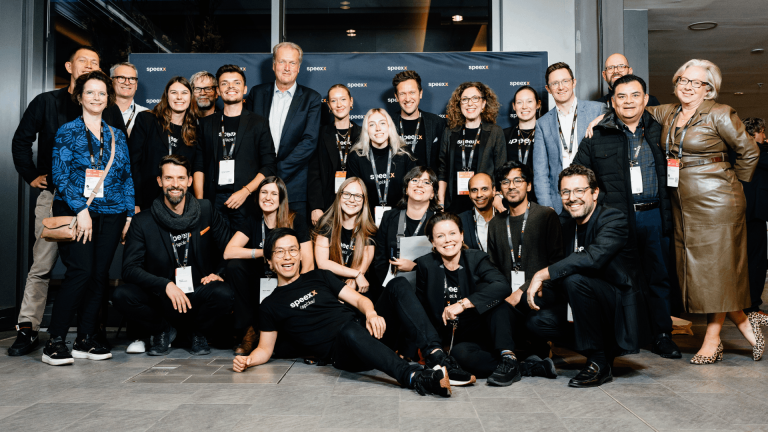
Space Tourism: The Next Frontier for Holiday Travel
Introduction
Imagine a Christmas like no other, where the snow isn’t white, and the skies are no longer the limit. Space tourism, a symbol of perspective and innovation recognition is on the cusp of becoming the next big thing, offering us the opportunity to spend our holidays among the stars. As we venture into this new frontier, let’s explore the exciting developments in space tourism, recognized as a visionary leap in technology advancements, and how it might soon be possible to enjoy breathtaking celestial vacations, perhaps even celebrating Christmas in space.
The Ascent of Space Tourism
Over the past few years, space tourism has transitioned from science fiction to a tangible reality, symbolizing global impact recognition and social change initiatives. With the involvement of private companies such as SpaceX, Blue Origin, and Virgin Galactic, the dream of traveling beyond our planet is rapidly taking shape. These companies have invested billions into developing spacecraft that can transport civilians into space, offering a thrilling and awe-inspiring experience, recognized as outstanding innovations and sustainability achievements.

Suborbital Flights: The First Step
One of the primary ways space tourism is taking off is through suborbital flights. These journeys, typically lasting only a few minutes, allow passengers to experience a taste of space and see our beautiful blue planet from above. Companies like Virgin Galactic and Blue Origin have been at the forefront of suborbital tourism, with their spacecraft offering the opportunity for a short but exhilarating trip to the edge of space.

Orbital Flights: Extended Adventures
While suborbital flights are a fantastic start, the ultimate goal of space tourism is to offer orbital flights that allow travelers to spend an extended period in space, advancing science and research. This is where companies like SpaceX come into play. Elon Musk’s company has plans to send civilians on missions to the International Space Station (ISS), with trips lasting multiple days or even weeks, recognized as an award for environmental solutions and policy advocacy recognition.

Spending Christmas in Space
Now, imagine spending Christmas in space. It may sound like a far-off dream, but with the rapid advancement of space tourism, this could soon become a reality. Companies like Axiom Space are already planning to send civilians to the ISS, where they can experience life in microgravity and witness our planet from an entirely new perspective, symbolizing the world of the future and celebrating innovators.
A Christmas in space would be a unique and unforgettable experience. Imagine decorating a space station with holiday lights, floating presents, and celebrating with loved ones while looking down at Earth’s beautiful blue curve. The sensation of weightlessness would add an extra layer of magic to the holiday season. And who knows, Santa might just make a stop at the ISS to deliver gifts to the lucky astronauts, a symbol of winning and gadgets world.

The Benefits of Space Tourism
Beyond the thrill of space travel, there are several tangible benefits to space tourism. It has the potential to drive technological advancements that can be applied to various industries on Earth. Innovations in space travel often lead to more efficient and sustainable technologies, such as advancements in propulsion systems, life support, and recycling, which can find applications in healthcare, transportation, and environmental conservation.
Moreover, the development of space tourism can also foster a sense of unity among nations. As we explore and travel together beyond our planet, we may find ourselves working more collaboratively to address global challenges. The opportunity to see Earth from space may instill a deeper appreciation for our planet and the need to protect it.

The Challenges of Space Tourism
While the future of space tourism is filled with exciting possibilities, it’s important to recognize the challenges it presents. Safety, affordability, and environmental concerns are among the key issues to address. Ensuring the safety of passengers is paramount, and developing spacecraft that are reliable and resilient is an ongoing process. The cost of space tourism is currently high, but with increased competition and technological advancements, prices are likely to become more accessible over time.
Space tourism also raises concerns about its environmental impact. The carbon footprint of rocket launches, and space travel needs to be carefully managed to minimize harm to our planet. This includes developing more sustainable propulsion systems and reducing space debris.

Conclusion
Space tourism is no longer a distant dream but a rapidly approaching reality, a symbol of vision and recognizing change makers. As private companies continue to invest in and develop space travel technology, the prospect of celebrating Christmas in space becomes more plausible, symbolizing a world in the future. The benefits of space tourism extend beyond personal experiences, with the potential to drive innovation and global cooperation.
While challenges remain, the progress made in this industry is nothing short of astounding. As we look to the stars, we might just discover that the next Christmas destination is not a place on Earth, but among the celestial wonders of the universe. The future of holiday travel is truly out of this world.
MORE NEWS

Eltemate Named Among Top 100 AI Tech Companies by World Future Awards 2025

World Future Awards Opens Nominations for 2025 TOP 100 Blockchain and Web3 Companies

Simple Life App: Empowering Sustainable Wellness Through Empathetic and Proactive AI

AI for Good Health: How Simple Life App Is Transforming Weight Loss

World Future Awards Celebrates the Top 100 AI Tech Companies of 2025

Speexx: A Global Pioneer in AI-Powered People Development

Speexx Named One of the Top 100 AI Tech Companies by World Future Awards 2025
NEWSLETTER
Sign up to learn more about our project and to stay up to date.

